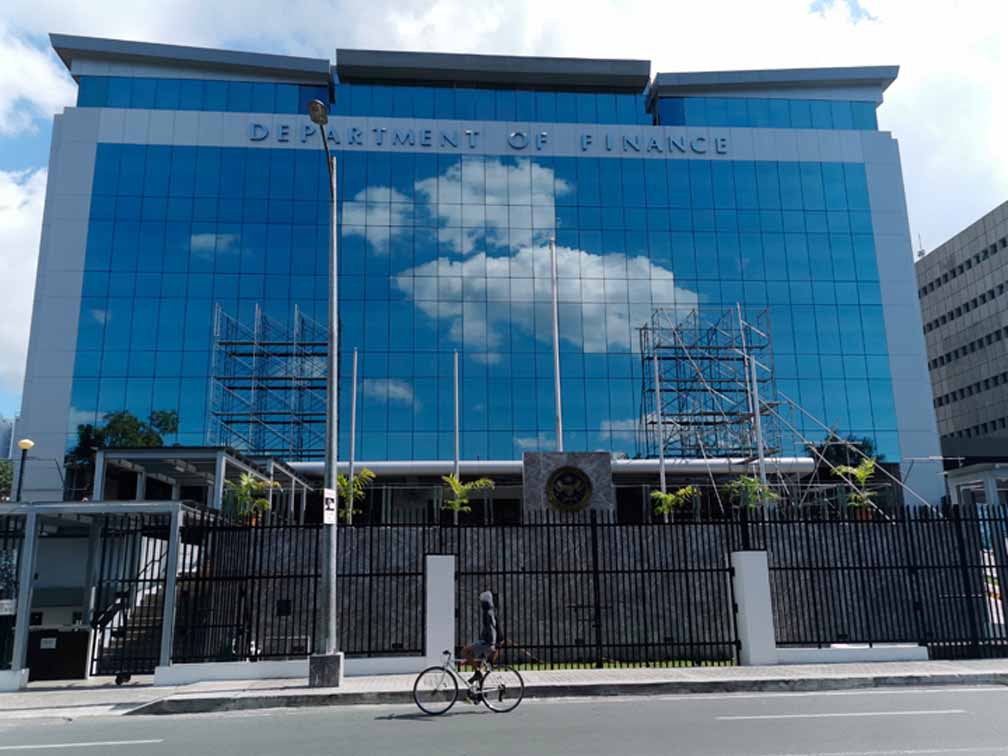By Lorenz S. Marasigan
TELECOMMUNICATIONS companies will be forced to step up their game once the government implements stricter rules on the sale of broadband services in the Philippines, with the minimum mobile Internet speed now proposed to be set to at least 256 kilobits per second (kbps).
With about 90 percent of Internet users in the Philippines on mobile, the National Telecommunications Commission (NTC) saw it fit to shield consumers from “false advertisements” that were purportedly made by telcos in the past.
The memorandum, which will be promulgated before the national elections in May, lists the rules covering minimum speeds for services advertised as mobile broadband.
Specifically, the memo requires companies to deliver a minimum mobile Internet speed of 256 kbps, the same speed for advertised fixed broadband services.
The said speed is the standard set by the International Telecommunications Union.
“The memo for mobile is a sequel of the first memo saying fixed broadband should deliver at least 256 kbps. We will adopt the same for mobile broadband,” NTC Deputy Commissioner Edgardo V. Cabarios said late Tuesday.
He noted that his office is trying to fast track the implementation of the rules, as they have been delayed for too long.
“This has been long overdue. We promised it to be promulgated last November,” Cabarios said.
Civil and consumer groups welcomed this development, as this will give consumers an edge against telcos.
“We accept the draft memo on mobile broadband in its entirety and hope it gets promulgated soon,” consumer group Democracy.Net.PH Cofounder Pierre Tito Galla said.
Mary Grace Mirandilla-Santos, an independent researcher on information and communications technology (ICT) and telecommunications policies, also supported the regulator’s move to set standards for Internet services in the country, saying that her group will help the government call for volunteers for broadband testing and monitoring.
“We will do a public call over social media so we can encourage more people to actively participate in the monitoring process,” she said.
Law with sharper teeth
Department of Trade and Industry Adjudicating Division Officer Ronald Calderon noted that his office has proposed higher penalties for erring telcos.
“We had a discussion with the Committee on Trade and there is a proposal to amend the act, including penalties. Criminal and administrative penalties on false advertisement of broadband speeds were proposed to increase to P50,000 to P1 million,” he said.
Under the Public Service Act of 1936, the penalty for such complaints is around P200. The law was promulgated in the 1930s, hence the call for an amendment.
The National Economic and Development Authority (Neda) estimates that P200, when the law was promulgated, is equivalent to about P1.4 million in present time.
But for Galla, the regulator has to set the standards first before imposing new penalties, as this would be the basis for the determination of fines.
The government plans to start testing Internet speeds across the country by May. However, it has yet to procure the needed equipment for the evaluation.
“The test will be used for both fixed and mobile broadband. It will be made available—if there is no hitch along the way—we wish to complete the process before the election month. If there will be, it will go beyond the election month, so June,” Cabarios said.
He noted that, under currently published prices, equipment for broadband speed monitoring costs roughly P15 million each. The regulator plans to procure at least three devices.
No problem with new standard
Telcos offering mobile broadband services see no reason to fear the new standard, after all the new rules are patterned with the international norm for Internet speeds.
Globe Telecom Inc. Spokesman Yolanda C. Crisanto said her company welcomes the proposal of the government, saying that her company’s infrastructure can accommodate such a standard.
“As far as we are concerned, if the government sees it fit to set it there, we have not qualms about it. Our speeds go way above 256 kbps already. The minimum speed in our network is about 3.5 megabits per second [mbps],” she said.
She even tagged the new standard as “a bit low,” given that Globe’s network reaches faster speeds than the proposed minimum mobile broadband speed.
“At the end of the day, it is still our consumers that will dictate the market. We create products that will make the consumers happy in terms of their experience. But, we know that even at 3.5 mbps, consumers can still complain— depending their usage of the services,” Crisanto said.
Philippine Long Distance Telephone Co. (PLDT) and Smart Communications Inc. Spokesman Ramon R. Isberto did not give a categorical answer to the BusinessMirror’s queries, but said mobile broadband speeds are heavily dictated by many factors.
“The problem with mobile and wireless broadband, they are subject to many environmental conditions like distance from the cell site and the number of people in a particular area,” he said.
Fitch Ratings predicts that incumbent telecommunications companies in the Philippines will invest P85 billion to aggressively roll out high-speed mobile and fixed-line broadband networks to offer better services.
Internet development in the Philippines has been lagging behind its neighbors in the Asia-Pacific region.
Studies conducted by Ookla, an Internet metrics provider, showed that the Philippines has the second-slowest average download speed among 22 countries in Asia with an average speed of 3.64 mbps.
It ranked 176th out of 202 nations around the world. It is eight times slower than the global average broadband download speed of 23.3 mbps.
Separately, Cloud services provider Akamai Technologies found that, while the Philippines might have improved its connection by a percentage point, its overall ranking in Asia still remains at number 13 out of 15, or the third-worst connection in the region.































1 comment
whats the full description of the recent MC of NTC?